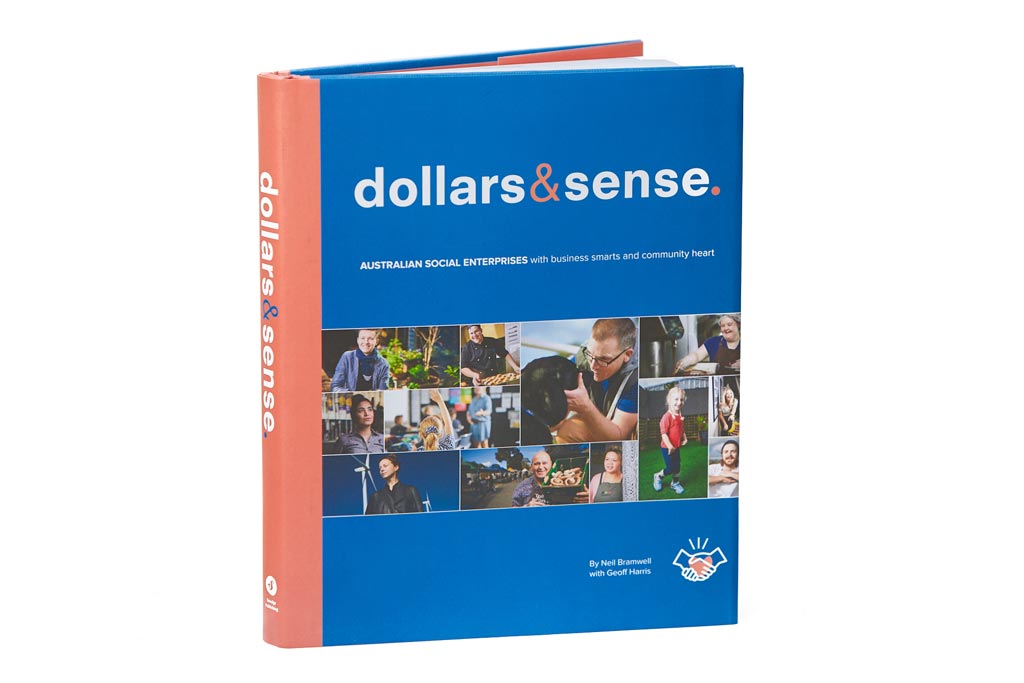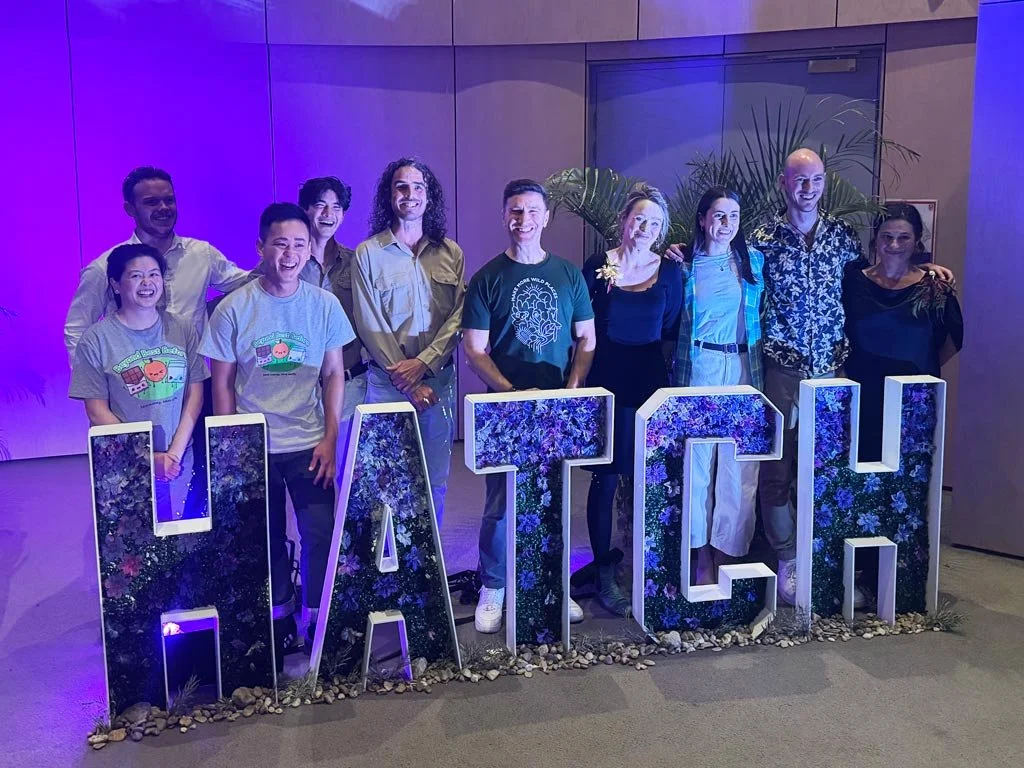Gaining Exposure As A Social Enterprise: Opportunities For Entrepreneurs To Promote Their Work
The number one desired outcome from the first action area of the Victoria government’s Social Enterprise Strategy, Increasing Impact and Innovation, was that Victorians have a greater awareness of the social and economic benefits of social enterprises.
“Despite the quality of their services and products, social enterprises often suffer from a lack of visibility and awareness, which acts as an impediment to growth.
“Demonstrating the benefits of innovative new business models in Victoria will build a greater understanding of the potential role that social enterprises can play in solving social, environmental and economic issues.
“It will help build general support for the sector, establish a ‘sector identity’, attract funding and inspire the involvement of more people and organisations,” the strategy read, when launched in February 2017.
Just three months earlier, I was having the first of many coffees with Geoff Harris, co-founder of Flight Centre and a passionate advocate for social enterprise as a disruptor to failing welfare and charity models – a ‘third way’ of addressing social need.
We agreed that most Australians would have little idea about social enterprise and its potential to change lives and create sustainable economic benefit.
Typically, Geoff wanted to find a practical solution and we set about creating a project that would have a number of goals: to raise awareness of the power of social enterprise to change lives on an individual level; to champion the sustainability of the business model; to inspire budding social entrepreneurs; and to inspire new investment into the sector.
Trudy Wright of Mildura Chocolate Company
Our answer was a coffee-table book, called Dollars&Sense, which would showcase social enterprise as tool for change.
We also knew we had to walk the walk. Our intention was, and still is, to donate Geoff’s share of any surplus back to one of the 40 social enterprises, mainly from Victoria but including at least one organisation from each state and territory, featured in the book.
Our model relied on the financial support of corporates and foundations with a vested interest in the sector to back our mission. With a few exceptions, including the Victoria government, this proved tough to secure. And it’s not as though I wasn’t warned.
However, I wasn’t advised how difficult it would prove to find 40 social enterprises willing to accept this opportunity of free exposure, business-to-business leverage, use of our imagery and complimentary stock.
With more than 3,500 social enterprises trading across metropolitan and regional Victoria, employing an estimated 60,000 people and contributing $5.2 billion to the Victorian economy, this should not have been a tricky task.
Only two of our featured social enterprises, Cherished Pets and Workpower in Western Australia, approached us to be included after seeing some early press exposure.
Many did not answer emails and calls.
Two of the big hitters, Thankyou and Who Gives A Crap, could not find time to participate in this sector building exercise. One other social enterprise founder would only consider being included if we paid her for her time.
Others were eventually chosen to reflect the full scope of social needs addressed, a range of sizes, a geographical spread, and those social enterprises nominated by other commercial partners, such as Social Traders, Wendy Brooks & Partners, Private Wealth Network and Tonic Partners.
Of the 3,500 social enterprises in the state, at least 3,400 did not make our radar.
One common feature of the final selection is that most have a better-than-average grasp of the power of PR.
And that’s my point. Yes, to improve visibility of the social enterprise sector, external help is welcomed and needed. But social enterprises must do better at self-promotion.
There is powerfully engaging content at your fingertips but, by and large, it isn’t utilised.
Of course, not every beneficiary of the work of social enterprises wants to share their story. Those individuals that do, though, can find it a very empowering and rewarding experience.
Simon Fenech of fruit2work.
At the book’s launch last month at Deakin Downtown, two of our case studies, Simon Fenech from fruit2work and Trudy Wright from the Mildura Chocolate Company, came on stage to share their stories of how social enterprise had turned their lives around. It was the undisputed highlight of the event. Many other participants in the book attended the launch and were proud to share on social media.
Self-promotion does not have to be costly, or too onerous. Build your social media, talk to local media, keep your partners informed, mention those partners in any press activity, interact with other social enterprises. All these activities, ultimately, can lead to new commercial opportunity.
To raise awareness of social enterprise outside the sector, social enterprises need to become more aware of opportunities to sing their own praises.
About the author
Neil Bramwell is an award-winning journalist and author of Dollars&Sense, which is available here.









